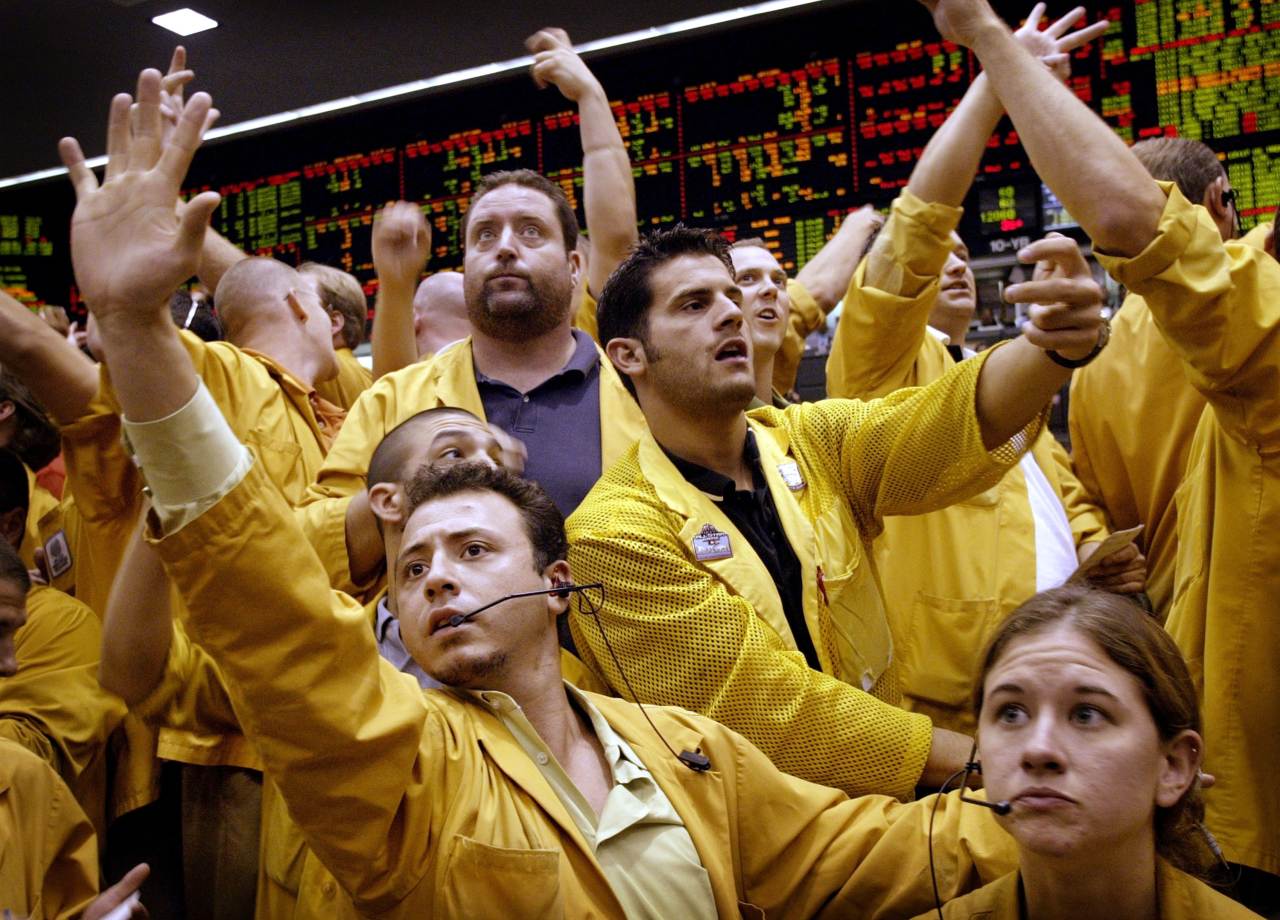Classic Floor Traders Win Legal Battle Against CME

The Struggle of Chicago’s Floor Traders
For decades, the floors of Chicago’s futures exchanges were bustling with activity, filled with traders who navigated the fast-paced world of open-outcry trading. These traders held valuable "seats" that allowed them to participate in the market's action. However, the rise of high-speed computerized trading has rendered these roles obsolete, leading to a significant shift in the industry.
Now, some of these former floor traders are seeking justice through a long-running class-action lawsuit against CME Group, one of the largest financial exchanges in the world. The plaintiffs claim that the company misled them by promising certain privileges when it transitioned to electronic trading, which ultimately led to the decline of the traditional trading floors.
The lawsuit, filed in 2014, is expected to go to trial and could have far-reaching implications for hundreds of former floor traders. The plaintiffs estimate they are owed around $2 billion in damages plus interest, arguing that CME broke its promises when it established a data center for electronic trading, effectively ending the era of physical trading floors.
CME has consistently denied the allegations, calling the lawsuit baseless. A spokesperson for the company declined to comment on the matter. Despite multiple attempts to dismiss the case, the lawsuit has persisted, highlighting the complexity of the legal battle.
At the heart of the dispute lies the transformation of CME Group from a nonprofit organization into a for-profit entity. Originally known as the Chicago Mercantile Exchange, it was a cooperative owned by its members—traders who held seats allowing them to trade in the vibrant open-outcry trading pits. These memberships were highly valued, providing traders with the opportunity to profit from their presence at the heart of the market.
In the 1990s, Gerald Petrow, a soybean trader, spent significant amounts of money to become a member of the Chicago Board of Trade, an exchange that later merged with CME. He described the experience as generational, believing it would change the lives of his children and grandchildren. Petrow, now one of the plaintiffs in the lawsuit, highlighted the importance of membership in his family's history.
CME transformed into a for-profit company in 2000, offering members two types of shares. "A shares" became publicly traded stock, while "B shares" were meant to represent the old memberships, granting holders access to trading floor rights and privileges. This arrangement continued after the merger with the Chicago Board of Trade, creating what was then the world's largest derivatives exchange.
However, the value of B shares has stagnated over the years. From January 2008 to the present, the price of CME's most valuable class of B shares dropped significantly, while A shares more than doubled in value. The plaintiffs argue that this divergence is due to the 2010 launch of CME's data center in Aurora, Illinois, where high-frequency trading firms pay to place their servers close to CME's systems, enabling rapid trade execution.
According to the plaintiffs, the data center effectively became the new trading floor, but the members did not receive the trading-floor rights they were promised. They describe this as a betrayal of the basic bargain made during the transition to electronic trading.
CME maintains that the B-share owners were only guaranteed access to open-outcry trading floors, not any form of electronic trading. The company also emphasizes that many floor traders received A shares that are now worth millions of dollars.
In recent months, the prices of B shares have increased as some traders speculate that CME may be forced to buy them out to resolve the lawsuit. However, CME Chairman and Chief Executive Terrence Duffy has denied any such plans, expressing confidence that the company will prevail in court.
Duffy, who recently received a subpoena compelling him to testify at the trial, remains steadfast in his position. The outcome of this trial could have significant implications for the future of CME Group and the legacy of its former floor traders.
Post a Comment for "Classic Floor Traders Win Legal Battle Against CME"
Post a Comment